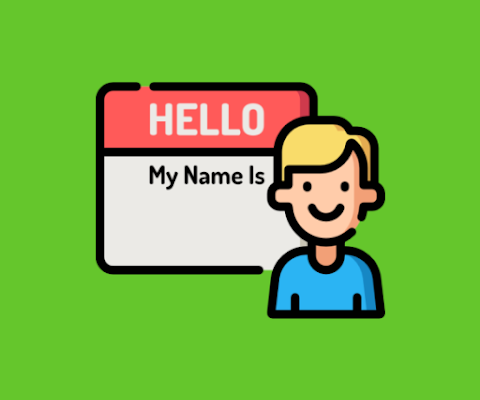Introduction
In the digital age, privacy is more important than ever. Whether you’re signing up for a website, testing software, or conducting research, sharing your real personal information online can expose you to risks like identity theft, spam, or unwanted tracking. A Fake Details Generator can be an invaluable tool for safeguarding your privacy, generating random, yet realistic, personal information for various purposes. In this blog post, we’ll explore what a fake details generator is, how it works, its various applications, and some ethical considerations to keep in mind.
What is a Fake Details Generator?
A Fake Details Generator is an online tool or software that creates realistic but fictitious personal information, such as names, addresses, phone numbers, email addresses, and more. These details can be used temporarily for online activities where providing real information might be unnecessary or unsafe.
Key Features of a Fake Details Generator
- Realistic Personal Information
- Generates lifelike names, addresses, phone numbers, and email addresses that appear authentic to any casual observer or automated system.
- Customizable Outputs
- Some generators allow you to customize the details based on gender, nationality, or age, making the fake profiles even more believable.
- Bulk Generation
- Need multiple sets of fake data? These tools can generate large quantities of details at once, perfect for testing or research purposes.
- Fake Social Security Numbers (SSNs) and Credit Card Numbers
- Some advanced generators provide fictitious SSNs or credit card numbers for testing payment systems or filling out forms that require such details.
- Randomized Data
- The data generated is entirely random, ensuring that no two sets of details are the same, adding to the realism and security.
- Multi-Purpose Use
- Use generated details for a variety of purposes, including creating temporary accounts, filling out forms, testing websites or apps, and protecting your real identity online.
Applications of a Fake Details Generator
- Online Privacy Protection
- When signing up for websites or services that require personal information but you’re unsure about their security or intentions, use fake details to protect your real identity.
- Software and Website Testing
- Developers and testers often need large amounts of data to test the functionality of forms, databases, and user interfaces. Fake details provide a safe and effective way to perform these tests.
- Market Research
- Businesses conducting surveys or market research can use fake details to test their processes or gather non-identifiable feedback without risking privacy violations.
- Education and Training
- In educational settings, fake details can be used to teach students about cybersecurity, data privacy, or the importance of safeguarding personal information online.
- Avoiding Spam
- By using a fake email address or phone number when signing up for online newsletters or promotions, you can avoid unwanted spam while still accessing the content or services you’re interested in.
- Online Shopping and Free Trials
- Some people use fake details to sign up for free trials without the fear of being charged later or to avoid sharing their real credit card information on less trustworthy sites.
Ethical Considerations
While fake details generators are incredibly useful, it’s important to use them responsibly. Here are some ethical considerations to keep in mind:
- Legal Boundaries
- Ensure that using fake details does not violate any terms of service or laws. For example, using fake details for fraudulent activities or deception is illegal and unethical.
- Impact on Businesses
- Be mindful that businesses often rely on accurate data to improve their services. Flooding a service with fake details can skew their data and hinder their ability to serve real customers effectively.
- Respect Privacy
- Never use fake details to impersonate another person or to invade someone’s privacy. This can lead to serious legal consequences and harm to others.
- Transparency
- When using fake details for testing or educational purposes, be transparent with those who are impacted, such as letting businesses or instructors know that the data being used is not real.
- Limitations
- Remember that fake details are meant to protect your privacy, not to deceive or harm others. Use them as a tool for security, not for malicious purposes.
How to Use a Fake Details Generator
- Choose a Reliable Generator
- Select a trusted fake details generator that offers the features you need. Some popular ones include Fake Name Generator, Mockaroo, and RandomUser.
- Select Your Options
- Customize the details you want to generate, such as selecting the gender, nationality, or specific types of information (e.g., email, phone number).
- Generate the Details
- Click the generate button and the tool will provide you with the fake details you requested.
- Use the Details
- Copy the generated details and use them as needed for online forms, testing, or any other purpose.
- Discard When Done
- Once you no longer need the fake details, delete or discard them to avoid confusion or accidental misuse.
Conclusion
A Fake Details Generator is a powerful tool that offers a range of benefits, from protecting your online privacy to assisting with software testing and educational purposes. However, with great power comes great responsibility. Always use these tools ethically and within the boundaries of the law to ensure that they remain a positive force for online safety and privacy. Whether you’re safeguarding your identity or conducting professional research, a fake details generator can be an essential part of your digital toolkit.



